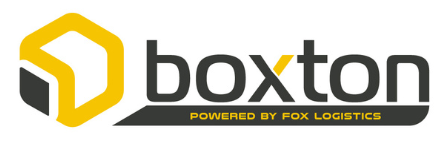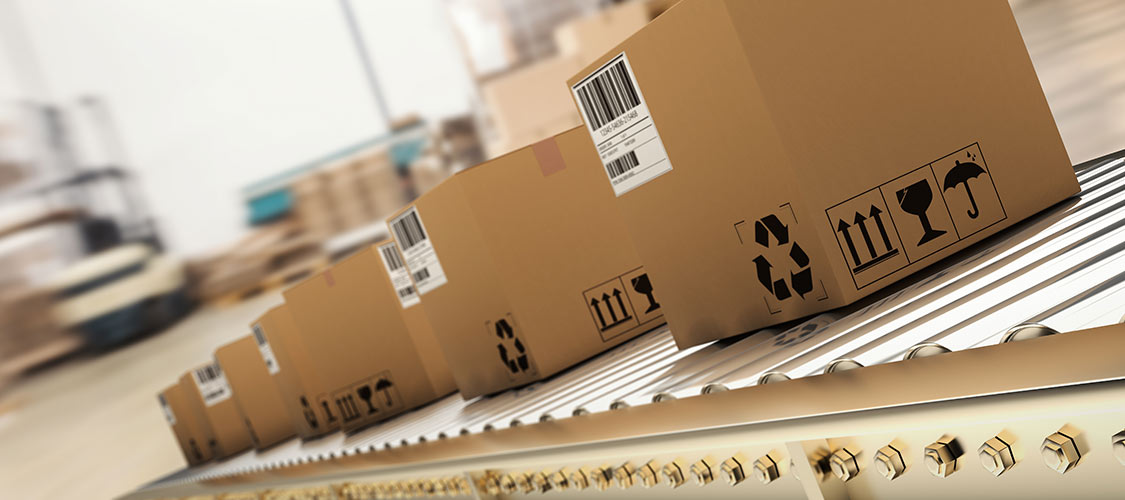Blockchain has been a hot topic for a few years now, and with the crazy fluctuations in Bitcoin pricing recently, there has been a lot of discussion around the validity, security, and long-term sustainability of this underlying technology. If you’re not familiar with the basics of Blockchain (and I wouldn’t blame you for this), you should check out our article on “What is Blockchain and how do I get one?”
In Logistics, Blockchain has presented an interesting paradox – an industry that is often stuck decades in the past (at least from a technology perspective) is in many ways leading the charge in implementing and innovating on top of this technology. Hardly a week goes by without hearing of a new joint venture project around some Blockchain/Supply Chain technology that is being launched. At Boxton we spend a lot of time looking at market trends such as this to better understand where we might drive our own technology platforms. We see Blockchain as an opportunity to offer the Logistics space new ways to innovate and improve both existing and new processes for companies of all sizes.
So with that, let’s dive into some trends we see coming in the next few years:
Access to real time (or near real time) data in public Blockchains will continue to increase, making it easier for companies to integrate tracking data and troubleshoot issues
Open source information sharing is becoming more common, and with companies like Microsoft making huge plays in new open source technologies, the need to continue to share data is great. In logistics, this can play a huge role because shipping activities are becoming increasingly complex as global markets become more accessible. Being able to use Blockchain technologies to centralize and store transit data securely can enable increased visibility to all aspects of the delivery process, and help troubleshoot issues fast.
One major issue with true global tracking is that there is no standardized process for all carriers/modes/situations. Blockchain could offer a solution where different goods are tracked based on multiple methods (e.g. RFID, Geolocation, Paper) and then input into a central store with open access. With the proper universal locators, it would offer open source tracking opportunities that any company could quickly plug into to track package updates across multiple providers in real time.
E-commerce markets will continue to expand as bank-less transactions allow growth
The cryptocurrencies built on Blockchain have one huge advantage: removing the need for a central bank (at least in the traditional sense). It remains to be seen whether or not this advantage will ever reach consumer grade level, because it comes with huge risks (e.g. you can lose your money if you forget your login information, and right now there are huge fluctuations in currency value which make use very risky), but if/when it becomes more consumer ready this is going to further decrease the barrier required to open global e-commerce stores. On top of the payment side, some Blockchain solutions may enable marketplaces in general to spin up faster, with a more global reach (also aided by a universal currency).
All of this can occur IF it can become consumer friendly. But signs are promising, and we’re already starting to see large companies like Walmart beginning to use Blockchain to track marketplace goods.
Savvy players will use Smart Contracts to hook into Logistics processes
Smart Contracts are a way to create legally binding contracts that execute payments (and other actions) automatically based on code. In many spaces this is great in theory but can be difficult to determine the right triggers to use (for instance, it is hard to find an electronic trigger that verifies when your gardener is finished mowing your lawn).
In Logistics, however, automation already plays a huge part of our processes, and finding electronic triggers is becoming easier. We could see a day not too far in the future where a Smart Contract is built to monitor deliveries, and when certain thresholds are met then payments get triggered automatically. Incentives could also be built in for customers to use these types of contracts because once set up the terms are literally written in code to ensure proper execution.
Risk identification and mitigation will improve as IoT systems get integrated into larger networks
Acts of God have major impacts on tight logistics timelines (as well as commercial timelines). Being able to integrate weather systems with tracking will help us increase how well we can predict delivery times and potential delays. Better understanding traffic data (which cities are now making available open source) could also help predict time in transit issues before they happen. All of this data, however, will need central public locations to be managed effectively.
Now certainly some of this will be better housed in cloud-based applications that do the hard work for you, but building a solid foundation in Blockchain to open this data up to companies is key.
Startups will continue to push the envelope and help solve the larger issues that would require major capital projects to solve at the enterprise level
Startups are uniquely positioned to provide targeted solutions utilizing Blockchain. Unlike larger enterprises, it is easier for them to identify one problem, throw all their resources against it, and solve it in a way that requires no other dependent systems. We’ve already seen trends of companies shying away from huge TMS systems in lieu of better, more flexible options, and I would expect the same as blockchain experience continues to grow and become more mainstream.
To close, let’s add one big caveat – Blockchain has been held back for many reasons, some very legitimate (instability of cryptocurrencies) and some less so (no one can explain what it is). While many technologies started in a similar position and are now mainstream Blockchain still feels like a unique animal (and it’s also not as new as you might think). So the accuracy and success of the above means nothing without an initial movement to make this world more user friendly.






